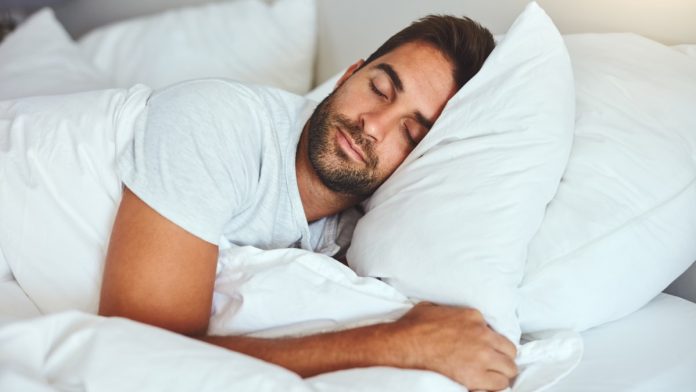
World Pneumonia Day: While vaccinations and hygiene are crucial preventive steps, there’s another important yet often overlooked line of defense within us, our body’s natural internal clock, or circadian rhythm, and the quality of our sleep
As days grow shorter and the temperature drops, it’s that time of year when our focus shifts to staying healthy. Among the many seasonal threats, pneumonia poses a serious risk as a respiratory infection each winter. While vaccinations and hygiene are crucial preventive steps, there’s another important yet often overlooked line of defense within us, our body’s natural internal clock, or circadian rhythm, and the quality of our sleep. These biological processes can serve as your secret weapon against respiratory infections during the colder months.
Dr. Ashish Kumar Prakash, Associate Director, Respiratory & Sleep Medicine, Medanta Gurugram, shares all you need to know:
The Winter Threat: Understanding Pneumonia
Pneumonia is a major global health concern in India alone, community-acquired pneumonia accounts for 23% of the global burden of the disease, with millions affected each year. When pneumonia strikes, the air sacs in one or both lungs become inflamed and fill with fluid. This leads to symptoms such as cough with phlegm or pus, fever, chills, and difficulty breathing, which can range from mild to life-threatening.
It remains one of the leading causes of hospitalization and mortality, particularly during the colder months when respiratory viruses are more prevalent. The good news is that pneumonia is completely curable if detected early and treated appropriately with antibiotics. Preventive steps include getting vaccinated, washing hands frequently, and avoiding close contact with sick individuals.
Your Inner Clock: The Circadian Rhythm
Your body operates on an internal clock called the circadian rhythm, which runs on a 24-hour cycle and regulates key bodily functions such as hormone release and immune activity. When your circadian rhythm is synchronized with the natural cycle of light and dark, your immune system functions at its peak.
Immune cells follow unique activity patterns, becoming more effective at certain times of the day. However, if your rhythm is disrupted, through irregular sleep schedules or excessive screen time before bed, immune function can decline, leaving you more vulnerable to infections like pneumonia.
The Power of Sleep: Immunity’s Recharge Station
Sleep is not just rest; it’s an active biological process during which the body repairs and rejuvenates. For the immune system, sleep serves as a critical recharge station. Deep sleep, in particular, is vital because the body releases protective proteins called cytokines during this stage. These proteins play a key role in fighting infections and inflammation.
In contrast, chronic sleep deprivation or poor sleep quality weakens the immune system. Adults who sleep fewer than seven hours a night are more likely to catch infections, and their immune systems produce fewer antibodies. Simply put, a lack of sleep equals a weakened defense against pneumonia and may lead to a more severe illness.
Practical Steps: Aligning Your Rhythm for Protection
Maintain a Consistent Sleep Schedule: Go to bed and wake up at the same time every day, including weekends.
Get Morning Light Exposure: Spend time outdoors in the morning to help regulate your internal clock.
Limit Evening Blue Light: Avoid screens 1–2 hours before bedtime, as blue light suppresses melatonin production.
Create an Ideal Sleep Environment: Keep your bedroom dark, quiet, and cool to promote deep sleep.
Adopt a Relaxing Bedtime Routine: Engage in calming activities before bed, such as reading or meditation.








